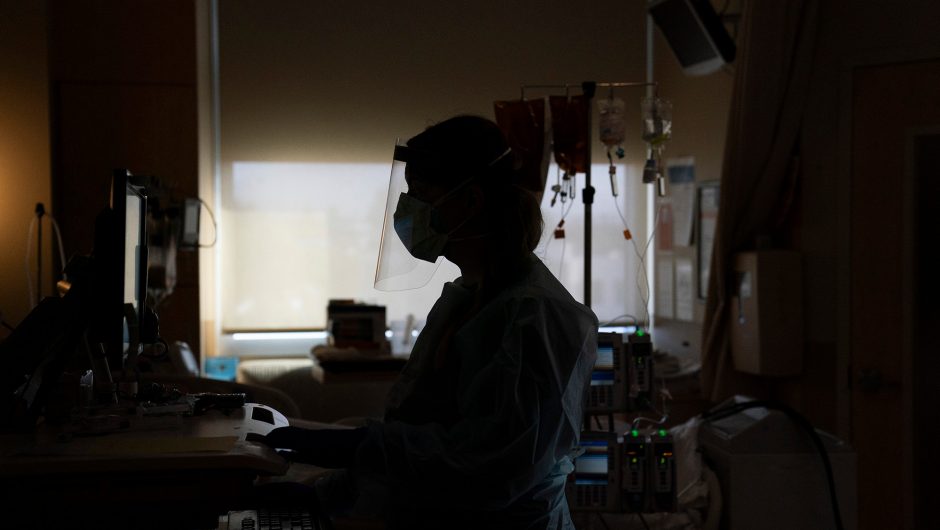The unnecessary overuse of antibiotics during the coronavirus pandemic has created a rise in drug-resistant strains of super gonorrhea, according to a new report.
Azithromycin, a common antibiotic used to treat chest and sinus infections, has been used during the pandemic to prevent co-infection of hospitalized coronavirus patients and to treat symptoms in severely-ill patients.
But the widespread use of the drug has caused a build-up of resistance to the bacteria which causes gonorrhea, the World Health Organization (WHO) told The Sun.
“Overuse of antibiotics in the community can fuel the emergence of antimicrobial resistance in gonorrhea,” a WHO spokesman told the outlet, noting that Azithromycin was used for COVID-19 treatment earlier in the pandemic.
Making matters worse, the contagion has also “disrupted” usual STI services by overburdening medical centers and making people scared to go to them, the spokesman said.
“This means more STI cases are not diagnosed properly with more people self-medicating as a result,” the WHO rep told the UK paper.
“Such a situation can fuel the emergence of resistance in gonorrhea including gonorrhea superbug (super gonorrhea) or gonorrhea with high-level resistance to current antibiotics recommended to treat it.”
The Sun cited a US study that showed 71 percent of COVID patients were given antibiotics — while at most 4 percent had reason to need them.
“The use of antibiotics will not treat [COVID-19] but it will create resistance among bacteria that already exists in our bodies,” the WHO’s assistant director-general for their antimicrobial resistance division, Dr. Hanan Balkhy, told the UK paper.
“The bottom line is, antibiotics should not be prescribed unless there’s a clear medical indication for them,” she said.
The Centers for Disease Control and Prevention (CDC) last week said that gonorrhea cases have increased 63 percent since 2014 — warning that it “can facilitate transmission” of HIV.
Infections can also lead to infertility in both men and women, as well as cause blindness in babies of infected mothers.
Kevin Cox, executive chairman of UK start-up Biotaspheric Limited, told The Sun that the medical world “urgently [needs] new treatments.”
“People infected with super gonorrhea will infect others and accelerate antimicrobial resistance,” he said.







